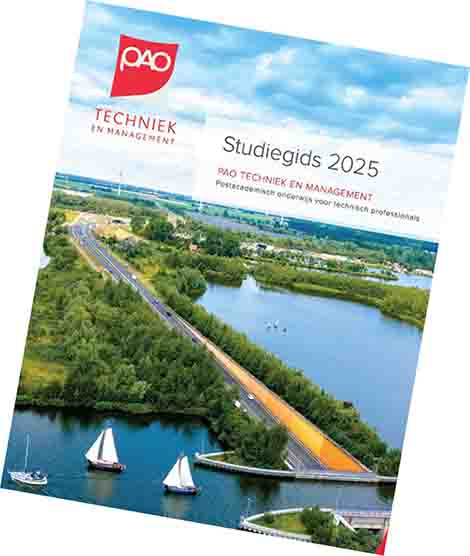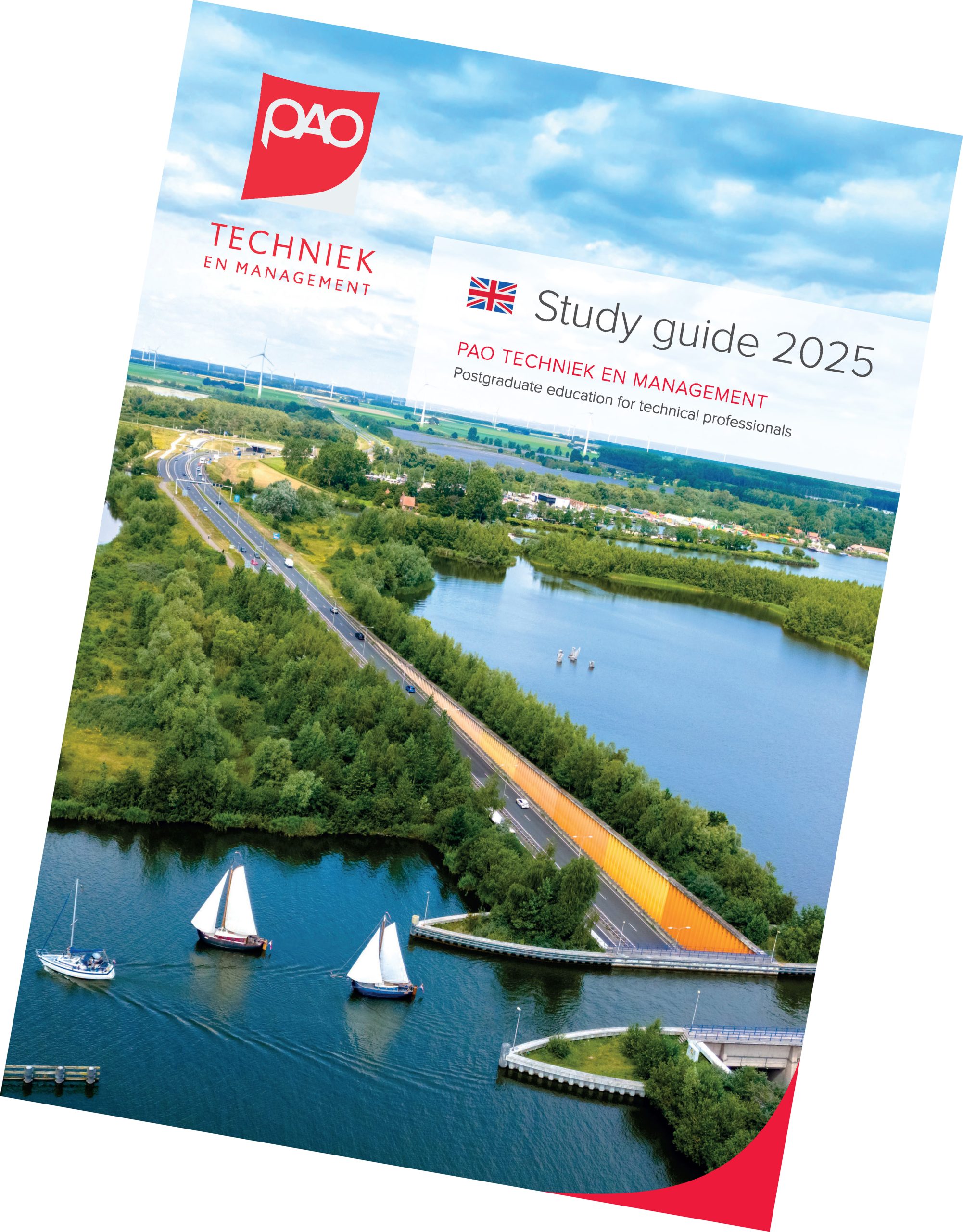Multivariate data analysis
Learn how to use the most common techniques used in an industrial context for the analysis of multivariate data and discover how to use generative AI, such as ChatGPT or Copilot, in this process in a responsible way.

Detect patterns and relationships in multiple variable datasets
This course provides knowledge and skills in the application of common statistical techniques used, for example in an industrial context, for the analysis of multivariate data related to quality aspects of products and processes.
The techniques discussed are ideal for discovering relationships between groups of variables, for classifying measurement results or for detecting patterns and clusters in experimental data. Usually, several factors or variables influence the result.
Based on multivariate data analyses, for example, parameter settings in a production process can be related to quality characteristics of the resulting product. They also make it possible to detect combinations of parameter setting where a process becomes unstable or to calibrate a measurement procedure.
Apply multivariate statistical methods
During this course you will learn:
- Analyze and model variables that are correlated.
- Identify variables that have a significant influence on a process.
- Provide options for improved process control.
- Detect causes of production problems.
- Apply multivariate methods as discussed independently in your own work situation.
- Use representative statistical software for multivariate data analysis, such as R, R Studio, Minitab, JMP or IBM-SPSS.
- Possibilities and dangers of using generative AI, such as ChatGPT and Copilot, when performing a multivariate data analysis in practice.
Intended for
Academics, technicians and professionals working in the field of chemometrics, sensory data analysis or quality control of products and processes. The course is also suited for lecturers at universities or colleges of higher education who want to be informed on actual methods for multivariate data analysis.
Knowledge of basic statistical techniques like testing, estimating and regression modelling is assumed. Some experience in the use of (elementary) linear algebra and statistical software is desirable. Practical examples are in R.
Would you like more background information? Read the interview:
- Course leader dr. Koo Rijpkema (University of Technology Eindhoven) shares his vision on the world of data and courses and the importance of the discipline.
- Course leader dr. Koo Rijpkema (University of Technology Eindhoven) shares his vision on smarter and conscious use of data thanks to generative AI, such as ChatGPT or Copilot.
In English on request
Do you want to follow the course in English? Please mention this in the remarks field when you register.
Course leader

dr. Koo Rijpkema
“For me, teaching means sharing knowledge and passion, inspiring and fascinating people through the application of statistics.”
This course is rated with an average of
Program manager
Why PAOTM
-
The latest post-academic knowledge and skills
-
Focused on questions that arise in a technical environment
-
Interactive and directly applicable in practice
-
Top teachers from science, research and business
Frequently asked questions
Program
Bij een incompany cursus wordt het programma in samenspraak vastgesteld.
Course leader

dr. Koo Rijpkema
“For me, teaching means sharing knowledge and passion, inspiring and fascinating people through the application of statistics.”
This course is rated with an average of
Frequently asked questions
Dates and locations
Deze cursus wordt enkel incompany georganiseerd, er zijn dus geen data ingepland. Neem contact op met de programmamanager voor de mogelijkheden voor jouw organisatie.
Program manager
Investment
Een incompany cursus wordt in samenspraak vastgesteld. Neem contact op met de programmamanager voor een offerte.
Frequently asked questions
Program manager
In-company
Are several employees interested in the same course, do you want to enrich knowledge with the entire team or focus on your own practice? Then an in-company course could be interesting. We are happy to think along with you about the possibilities. PAOTM has extensive experience in organizing in-company courses in many technical fields for a wide range of companies. You can choose to have an existing course organized in-company for multiple employees. However, if you have a specific organizational or departmental issue, we can also design a unique course. For every customized request, we search our network at universities, knowledge institutes and the business community for the right teachers who can provide your team with the desired knowledge. We then put together a course based on your training needs, learning needs and organizational goals.
Curious about the possibilities? Contact one of our program managers or complete the form below. We are happy to make you a suitable offer.
FAQ's
In-company request
"*" geeft vereiste velden aan
Program manager
In-company courses of PAOTM are rated with an average of
Why In-company
-
A course tailored to your specific needs
-
Get started right away with your own cases
-
Led by top teachers with the most up-to-date knowledge
-
You choose where and when: always efficient
-
The entire team trained simultaneously
-
Customization possible in all our fields
Download the Study Guide
Would you like a complete overview of all our courses and trainings? Download the digital study guide!

Our corporate partners
Subscribe for the newsletter
In our monthly newsletter we inform you by e-mail about courses, trainings, news and developments in the various fields of PAOTM. Select the topics of your interest!
Download the Study Guide
In addition to the course offerings, the Study Guide also contains the themes that we will further develop next year. Would you like a complete overview of our courses and training in your field(s)? Request the Study Guide and receive it digitally.











